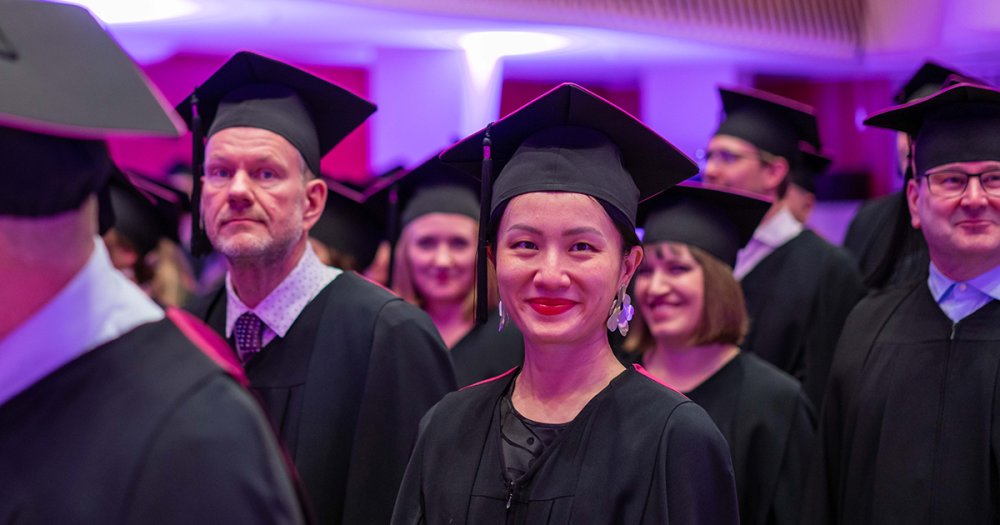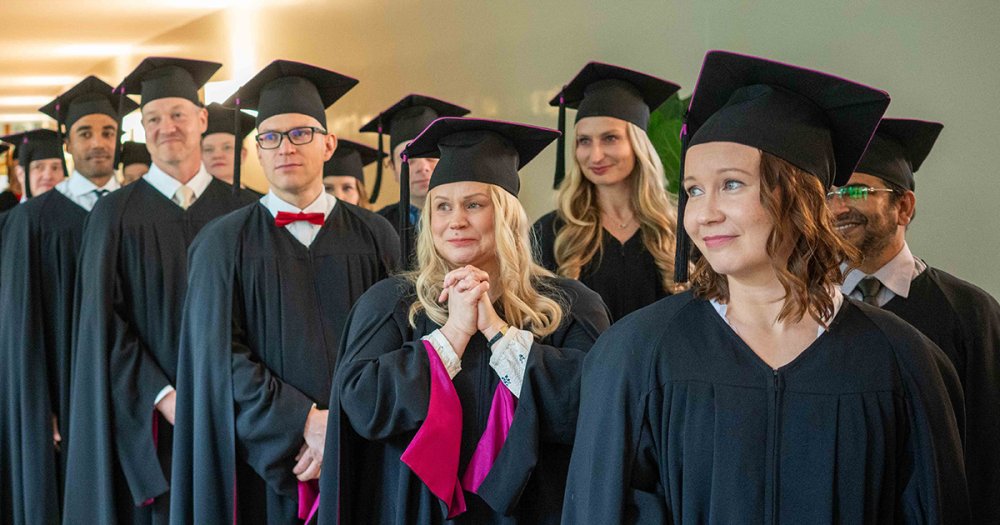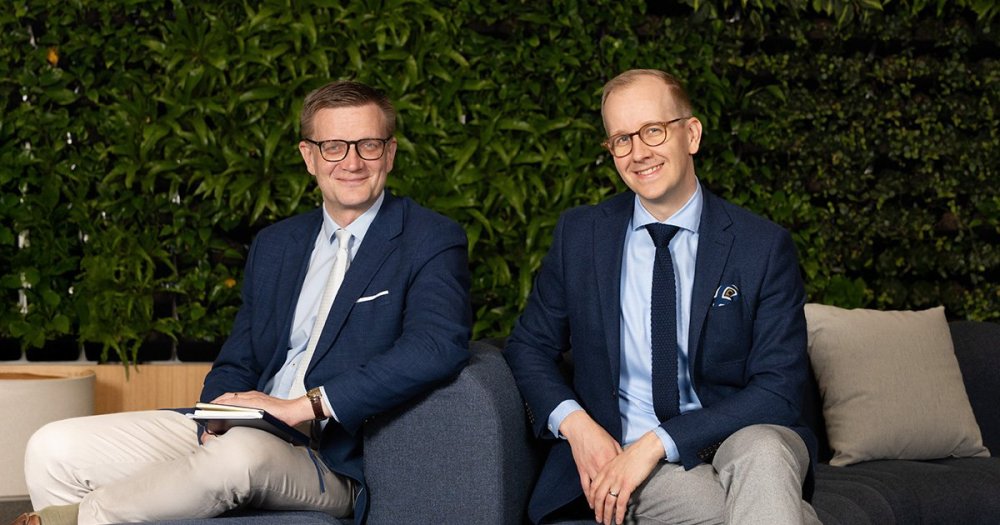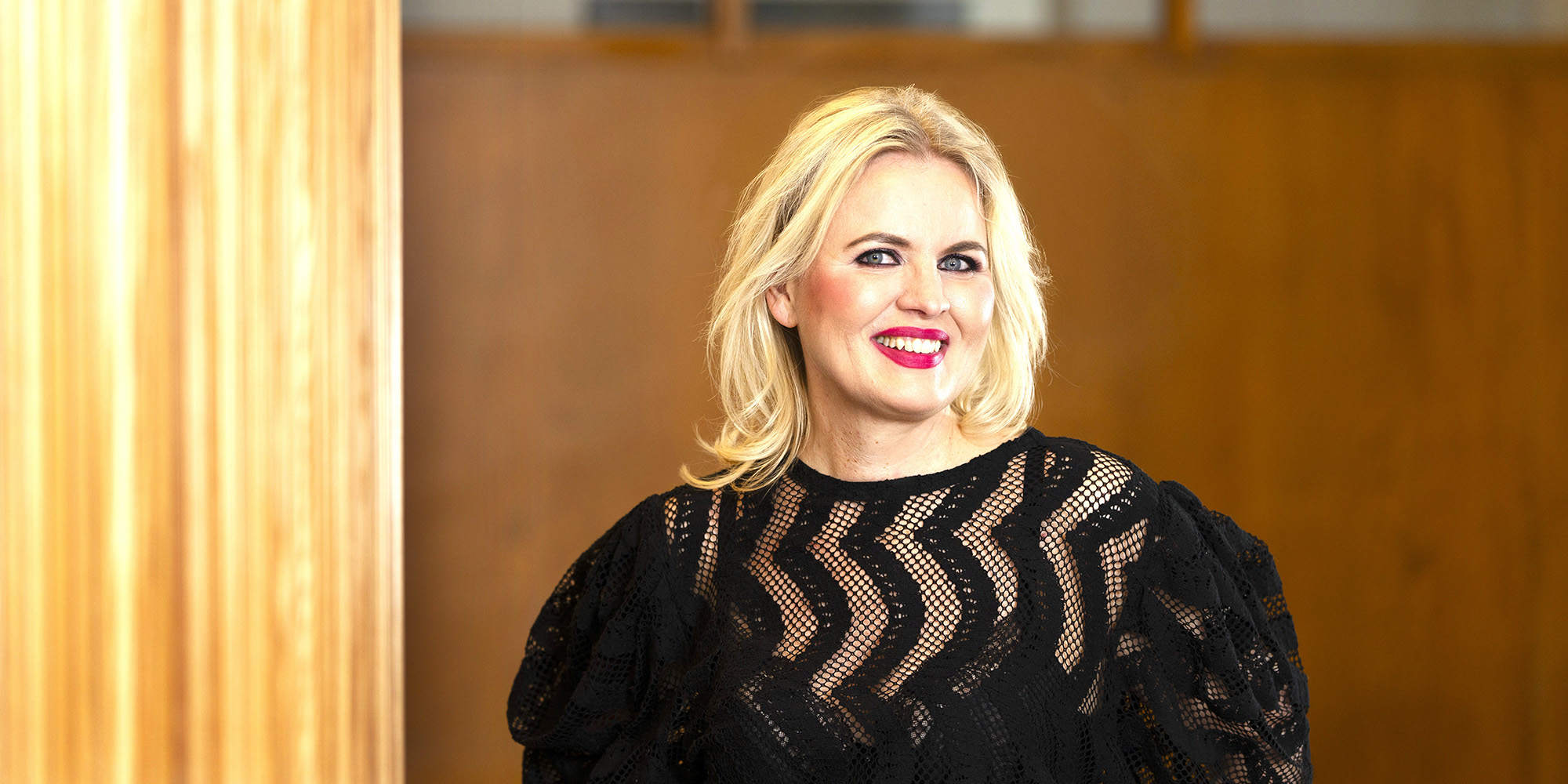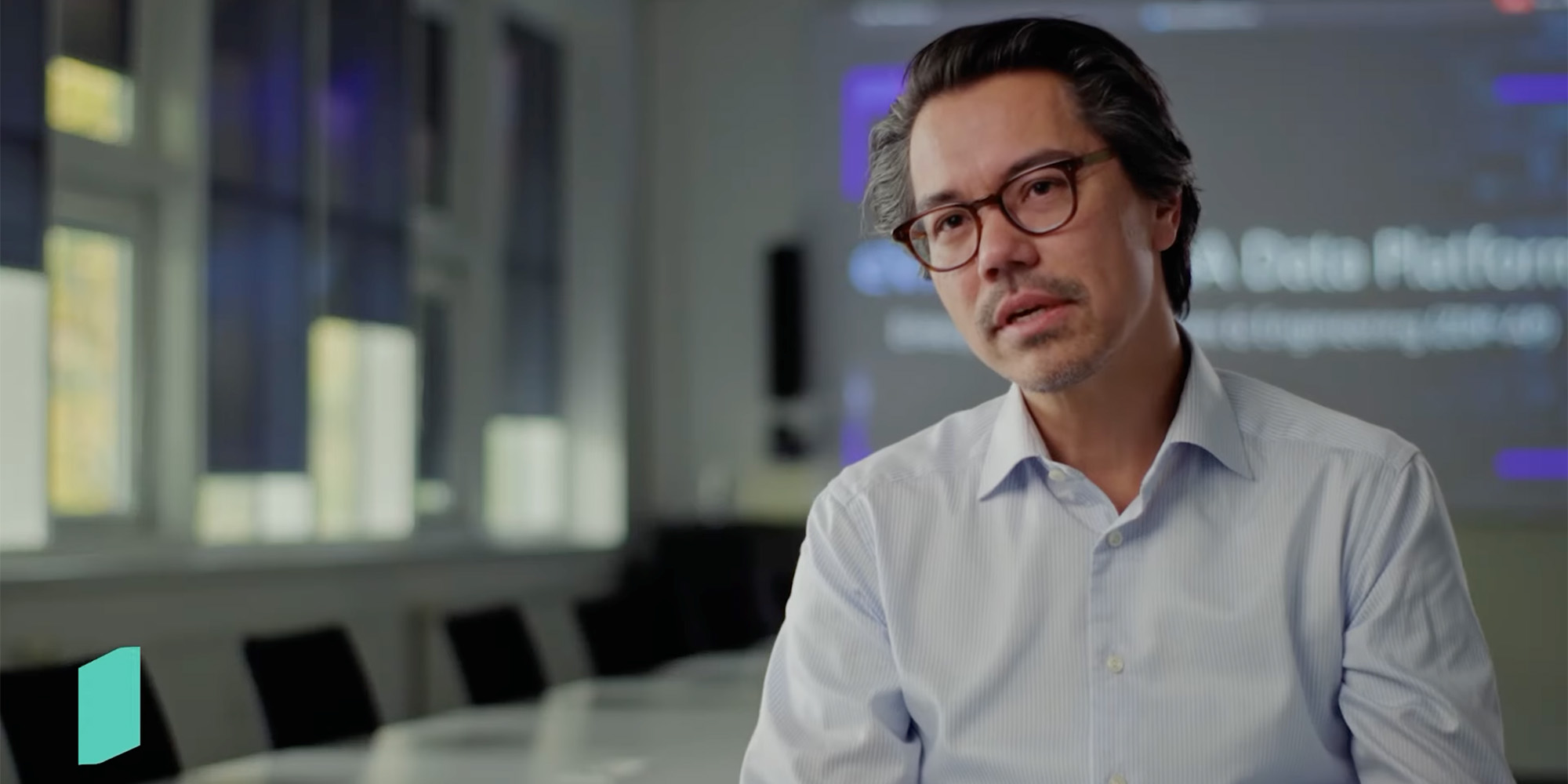The idea behind the division of labor is central to how many of us view leading organizations and managing teams in knowledge-intensive business contexts. The logic goes that we should surround ourselves with smart people with unique expertise and share work among our great colleagues. Further, we’re constantly reminded that we’re silly to think that we hold a monopoly on great ideas and that the key to continued success is allowing for plenty of external input.
However, we must simultaneously be aware of some serious limitations associated with this outsourcing of expertise. These limitations have become only more pertinent as groundbreaking technologies continue to transform our organizations and businesses. As someone with an admittedly limited background in technology, this is something I’ve personally struggled with. I’m quite confident that I’m not alone with this problem.
Technologies continue to evolve at such breakneck pace, with new applications and entirely new fields emerging so frequently that the temptation is to rely on the experts around me. Working at a university, I’m naturally spoiled for choice with experts to go pester with my uneducated questions, but I’m sure many of you also have that trusted tech-guy or digi-gal to help you make sense of our digital world.
Similarly, many management teams and even boards of companies have a single expert on digitalization who is tasked with covering everything from understanding existing computer systems and technologies being used in the organizations to keeping track of potential technologies about to transform the organization’s environment. This is, of course, not a sustainable model.
Emergent technologies are the most significant drivers of the changes we’ll see in businesses and societies in the coming years. While we can and should rely on experts for in-depth knowledge on many topics, any responsible leader must have a working understanding of technology and its application – starting with understanding the underlying logics and operating systems running the technology. Without grasping the basics, it’s not possible to build a holistic view on the potential of technology. For many of us more accustomed to looking at things on higher levels of abstraction, this means going back to learning practical things by actually doing them. In fact, it’s not uncommon to see, for example, top leaders teaching themselves to write code – not because they want to become coders, but rather to use this to develop their fundamental understanding of technology. The question you have to ask yourself: how will you make sure you have the skills and competences required to succeed in the coming years?
Dr. Mikko Laukkanen is the Academic Director at Aalto EE. He is also a Researcher at the Aalto University School of Business and frequently lectures in Aalto EE’s programs around the world. Aalto EE's programs deepens participants' understanding of the different aspects of digitalization on the eve of the emerging artificial intelligence era, and provide the basis for competitiveness in the near future. Read more about the programs.







